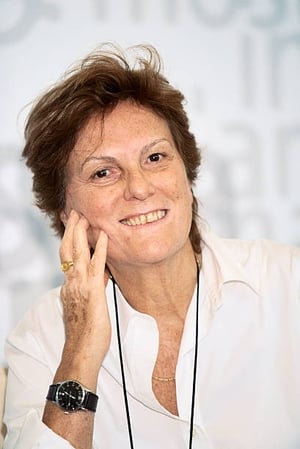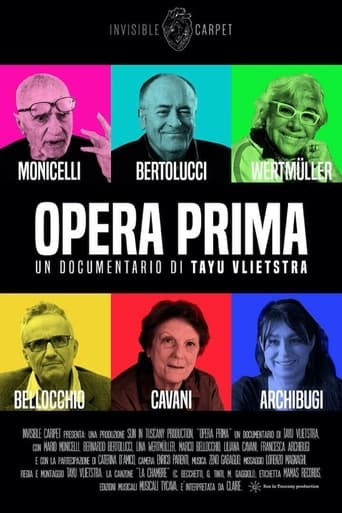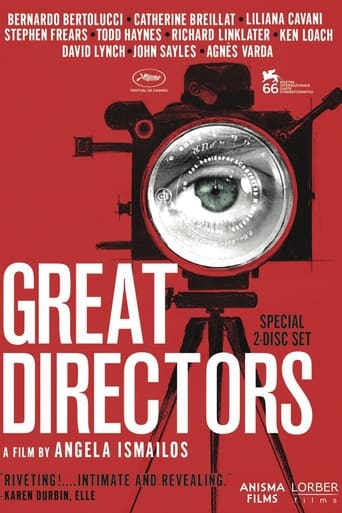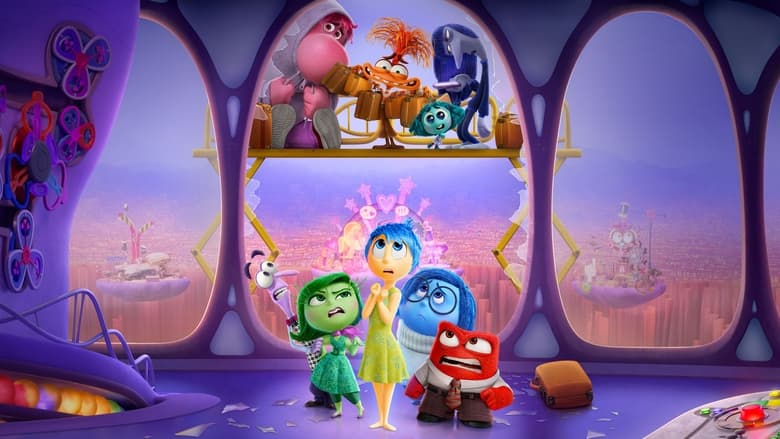
Liliana Cavani
Birthday: 1933-01-12 Place of Birth: Carpi, Modena, Emilia-Romagna, ItalyLiliana Cavani (born 12 January 1933, Carpi, Italy) is an Italian film director and screenwriter. She belongs to a generation of Italian filmmakers from Emilia-Romagna that came into prominence in the 1970s, including Bernardo Bertolucci, Pier Paolo Pasolini and Marco Bellocchio. Cavani became internationally known after the success of her 1974 feature film Il portiere di notte (The Night Porter). Her films have historical concerns. In addition to feature films and documentaries, she has also directed opera. While attending film school, Cavani won a competition at RAI, Italy's national television network, and took a job there as a director of historical documentaries in 1961. Her professional career thus began making documentaries for RAI between 1961 and 1965, which included Storia del III Reich, (History of the Third Reich) (1962–1963), which chronicles the rise of the Nazi regime. It was the first historical investigation of German totalitarianism to appear on television. Other documentaries are: L'età di Stalin ("The Stalin Years"), an investigation into the Soviet leader's years; La donna nella Resistenza (1965); Philippe Pétain, processo a Vichy, winner of the Golden Lion at Venice film festival in 1965 in the documentary section. In this period she also made Il giorno della pace, a four-hour documentary on immigration south-to-north within Italy. Cavani made her first full-length feature film in 1966 with Francis of Assisi (Francesco d'Assisi). Made for television and aired in two parts, it was deeply influenced by the style of Rossellini and the atmosphere typical of the films of Pasolini. Made in a period of political unrest, it was to become a kind of manifesto of dissenting Catholicism. The film was a great success, but also triggered many negative reactions. It was called " heretical, blasphemous and offensive for the faith of the Italian people". It was the first of many polemical reaction to Cavani's work. Cavani was not well known beyond Italy until she made the 1974 film The Night Porter (Il portiere di notte), which remains the film for which she is best remembered. The plot, set in Vienna in 1957, follows an SS camp guard and a former concentration camp survivor engaging in a sadomasochistic relationship after meeting again by a chance encounter. A deeply controversial film, it starred Dirk Bogarde and Charlotte Rampling. Cavani currently lives in Rome. Carpi, her hometown, has established the Associazione Fondo Liliana Cavani, where her films are preserved and made available for consultation. Description above from the Wikipedia article Liliana Cavani, licensed under CC-BY-SA, full list of contributors on Wikipedia.
Acting







